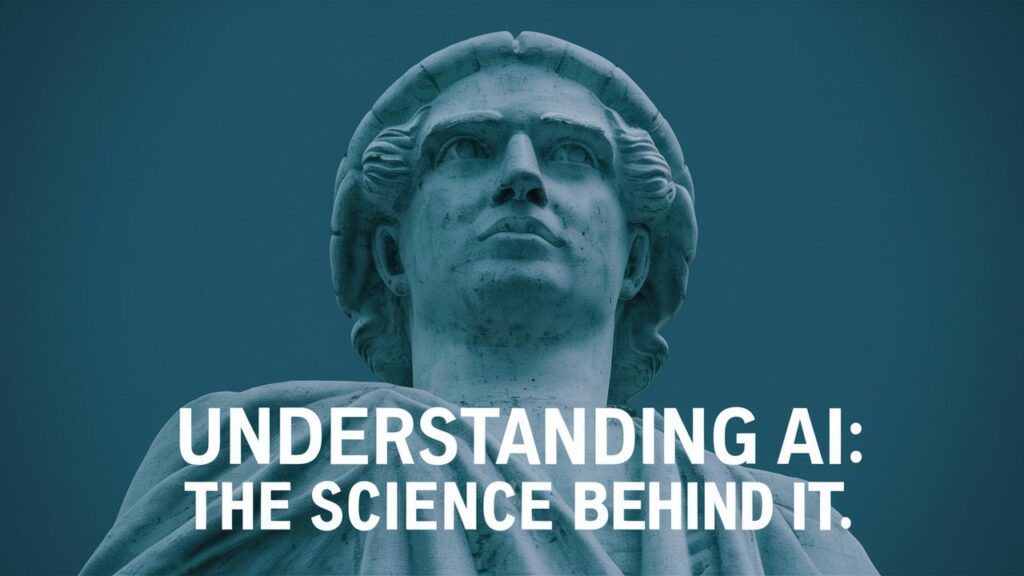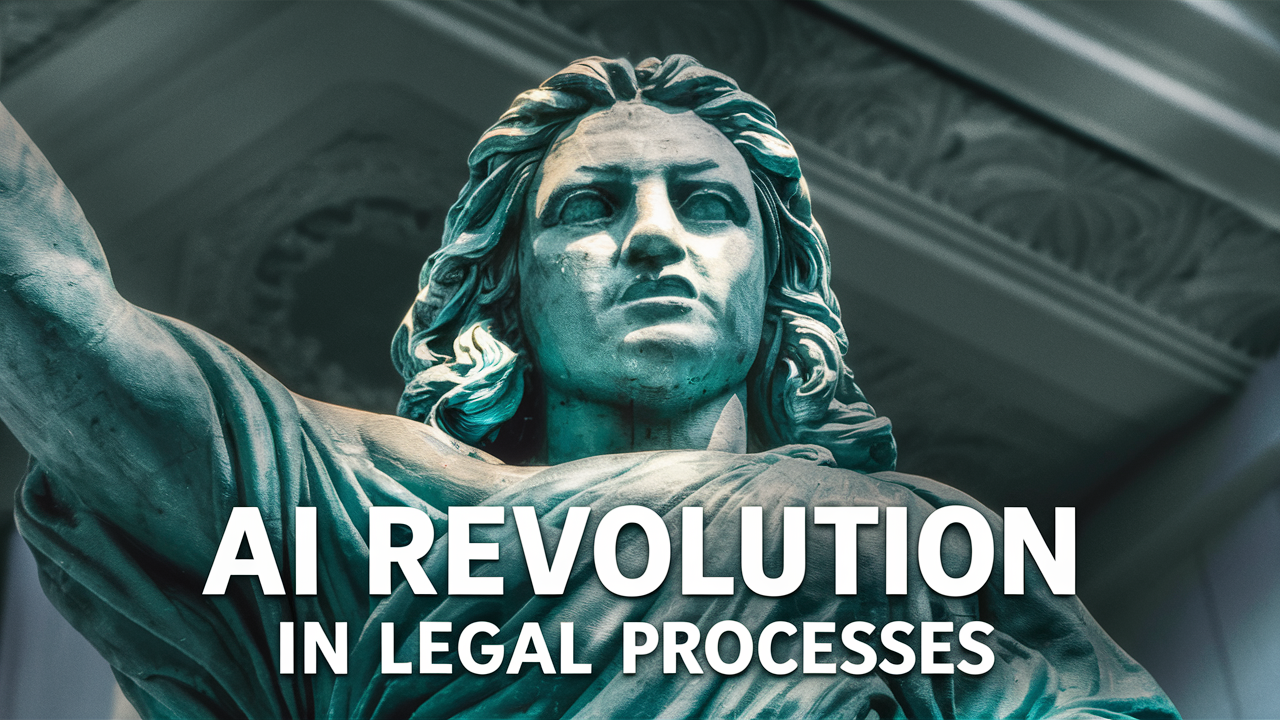In an era where technology is radically transforming every industry, the legal sector is not immune. Artificial Intelligence (AI) is becoming increasingly prevalent in legal processes, promising to redefine traditional practices. Why is this shift towards AI in law significant? It’s not just about embracing modernity; it’s about enhancing accuracy, efficiency, and fairness. Join us as we delve into the compelling world of AI in law, unraveling the profound impact this revolutionary technology is set to have on the future of legal processes. By the end, you’ll grasp the true potential of AI in reshaping the legal landscape.
- The Emergence of AI in Law: A Historical Perspective
- Understanding AI: The Science Behind It and Its Relevance in Law
- Case Studies: How AI is Reshaping Legal Processes Globally
- Future Predictions: How AI Will Further Transform Legal Practices
- Potential Challenges and Ethical Considerations of AI in Legal Processes
- Conclusion: Embracing the AI Revolution in Law and Preparing for the Future
The Emergence of AI in Law: A Historical Perspective
Artificial Intelligence (AI) in law has been a topic of discussion for several years, but it is only recently that this innovative technology has started to play a significant role in legal processes. As early as the 1960s, AI’s potential was recognized in the legal field with the development of advanced decision-making algorithms. However, it took several decades of technological evolution and refinement for AI to become a pivotal tool in handling legal work. Today, AI applications in law range from data analysis for case prediction to contract analysis and legal research.
Understanding AI: The Science Behind It and Its Relevance in Law
To comprehend the role of AI in law, it is essential to understand the science behind Artificial Intelligence. In its simplest form, AI refers to machines or computers mimicking human intelligence—learning, reasoning, problem-solving, perception, and language understanding. The advent of Machine Learning (ML) and Natural Language Processing (NLP) has revolutionized AI’s capabilities, making it immensely relevant in law where sorting through vast amounts of data and recognizing patterns is crucial. For instance, AI can analyze legal documents, predict judicial decisions, or automate routine tasks, thereby improving efficiency and accuracy in legal processes.

Case Studies: How AI is Reshaping Legal Processes Globally
The global legal landscape is experiencing a significant shift with the rise of AI. Several case studies illustrate this transformation. For example, ROSS Intelligence, an AI-powered legal research tool, can answer legal questions, read and draw inferences from law text, and improve its capabilities through machine learning. Similarly, global law firm Dentons employs an AI tool named “Nextlaw” to predict litigation outcomes. In another instance, LawGeex, a contract review platform, uses AI to review legal documents and provide feedback in real time. These case studies demonstrate how AI is reinventing legal processes, driving efficiency, reducing errors, and enabling more informed decision-making.
Future Predictions: How AI Will Further Transform Legal Practices
Artificial Intelligence has already begun reshaping the legal industry, but these changes are only the tip of the iceberg. As AI technology continues to advance, we can expect even more significant transformations. Predicted advancements include AI systems with the ability to predict legal outcomes based on historical data, thus aiding in decision-making processes.
AI might also automate routine legal tasks, such as document review and contract analysis, freeing up lawyers to focus on more complex aspects of their cases. This not only increases efficiency but could reduce legal costs for clients. Furthermore, AI integration could potentially revolutionize legal research, using natural language processing to analyze and interpret vast amounts of data in moments.
Potential Challenges and Ethical Considerations of AI in Legal Processes
However, the rise of AI in law is not without its challenges and ethical considerations. As with any technology, there is a risk of misuse. Unregulated AI could lead to violations of privacy and confidentiality, or be used to aid in unethical or illegal activities.
Another major concern is job displacement. With AI capable of performing routine legal tasks, the need for paralegals and junior lawyers could decrease. The industry will need to adapt, possibly shifting the role of lawyers to more strategic and advisory positions.
Bias in AI is another significant challenge. If the data used to train AI systems contains bias, this bias will be replicated in the AI’s decisions. This could lead to unfair outcomes in legal processes.
Conclusion: Embracing the AI Revolution in Law and Preparing for the Future
Despite these challenges, the potential benefits of AI in law far outweigh the risks. By embracing AI, the legal profession can become more efficient, accurate, and accessible.
However, it’s crucial for the legal industry to stay ahead of the curve. This means understanding AI technology, adopting appropriate regulations, and preparing for a potential shift in job roles. By doing so, the legal industry can harness the power of AI for the benefit of all.
While there may be challenges ahead, the rise of AI in legal processes presents an exciting opportunity for innovation and progress in the legal industry.
In conclusion, the rise of AI in legal processes is an inevitable and transformative revolution. It’s not just streamlining workflows, but also promising to enhance accuracy, efficiency, and fairness in law. However, like any powerful tool, it comes with its own set of challenges and ethical considerations. As we embrace this AI revolution, it’s crucial to stay informed and prepared. The future of law, undoubtedly, lies in harnessing AI’s potential responsibly and effectively. The legal landscape is on the cusp of a dramatic shift; let’s ride the wave together.
